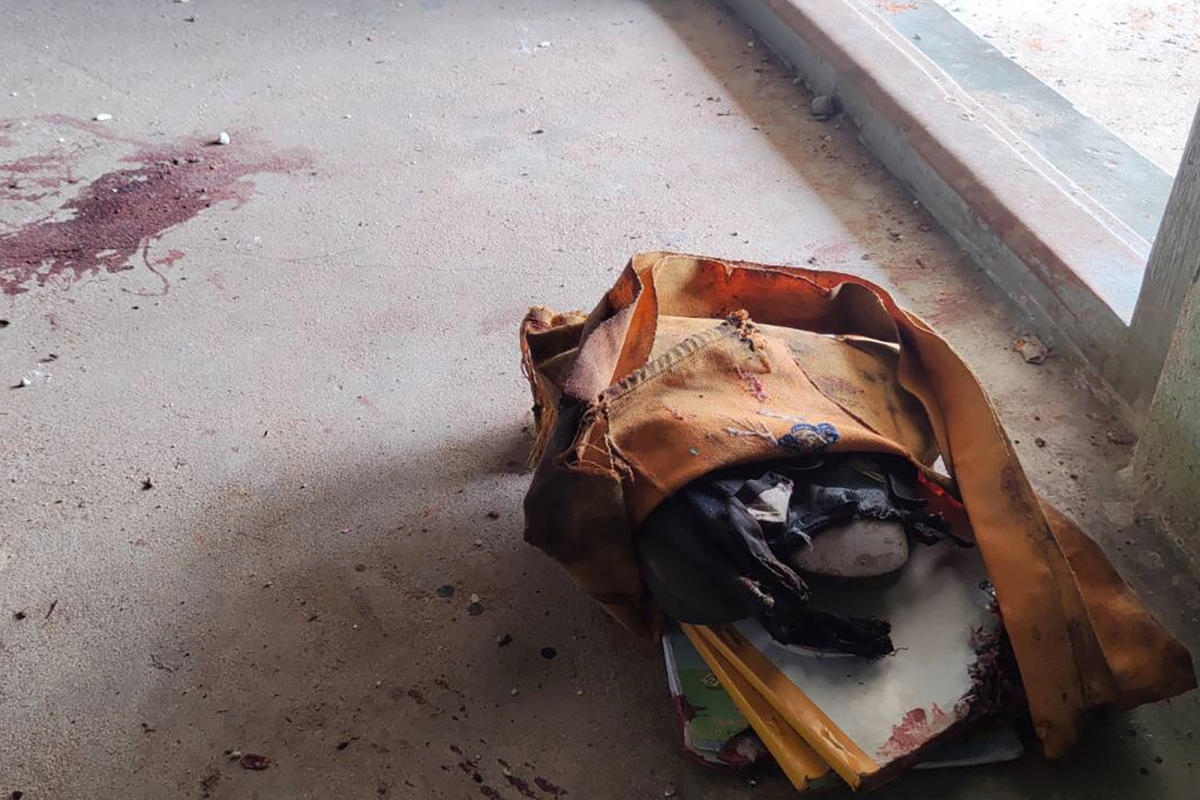
BANGKOK (AP) — A United Nations-appointed human rights expert called Thursday for governments and companies to coordinate efforts to cut off the military-led government of Myanmar from its sources of revenue and weapons, saying life in the Southeastern Asian nation has become a “living hell” for many since the generals seized power last year.
Tom Andrews, in Geneva to deliver his annual report on Myanmar to the U.N. Human Rights Council, told reporters that while many countries have been imposing sanctions on individuals, military entities, financial institutions and energy companies, what is needed is “coordinated action.”
Russia and China continue to supply weapons to Myanmar, and with both having veto power on the U.N. Security Council, Andrews suggested it was unlikely it could convene and establish an arms embargo and targeted economic sanctions, leaving it up to individual countries.
“Right now you have countries doing this, countries doing that, a whole hodgepodge of things,” he said. “But they don’t add up, they’re not focused, they’re not strategic, they’re not coordinated — and that’s what has to happen.”
The army seized power in February last year, ousting the democratically elected government of Aung San Suu Kyi.
The takeover triggered mass nonviolent protests nationwide, but when the military and police responded with deadly force, armed resistance arose in the cities and the countryside, and continues to spread.
In his report, Andrews noted that since the military takeover, about 19 million euros (dollars) worth of Myanmar teak has entered the European Union despite sanctions, and smaller amounts have entered the United States, Canada, Switzerland and Britain, providing revenue for Myanmar’s military government.
The report also says that effective sanctions should target the military’s access to foreign currency, yet only Canada has sanctioned the Myanma Foreign Trade Bank, despite it being the primary foreign exchange intermediary.
Likewise, some international companies have taken action to end relationships with military-owned businesses, but others have not, the report says.
Andrews said atrocities committed against civilians continue, citing a helicopter attack last week on a school in a Buddhist monastery, killing at least 13, including seven children, as a recent example. The government has denied the attack.
“People have no understanding of what’s going on, the living hell that life in Myanmar is right now,” he said.




